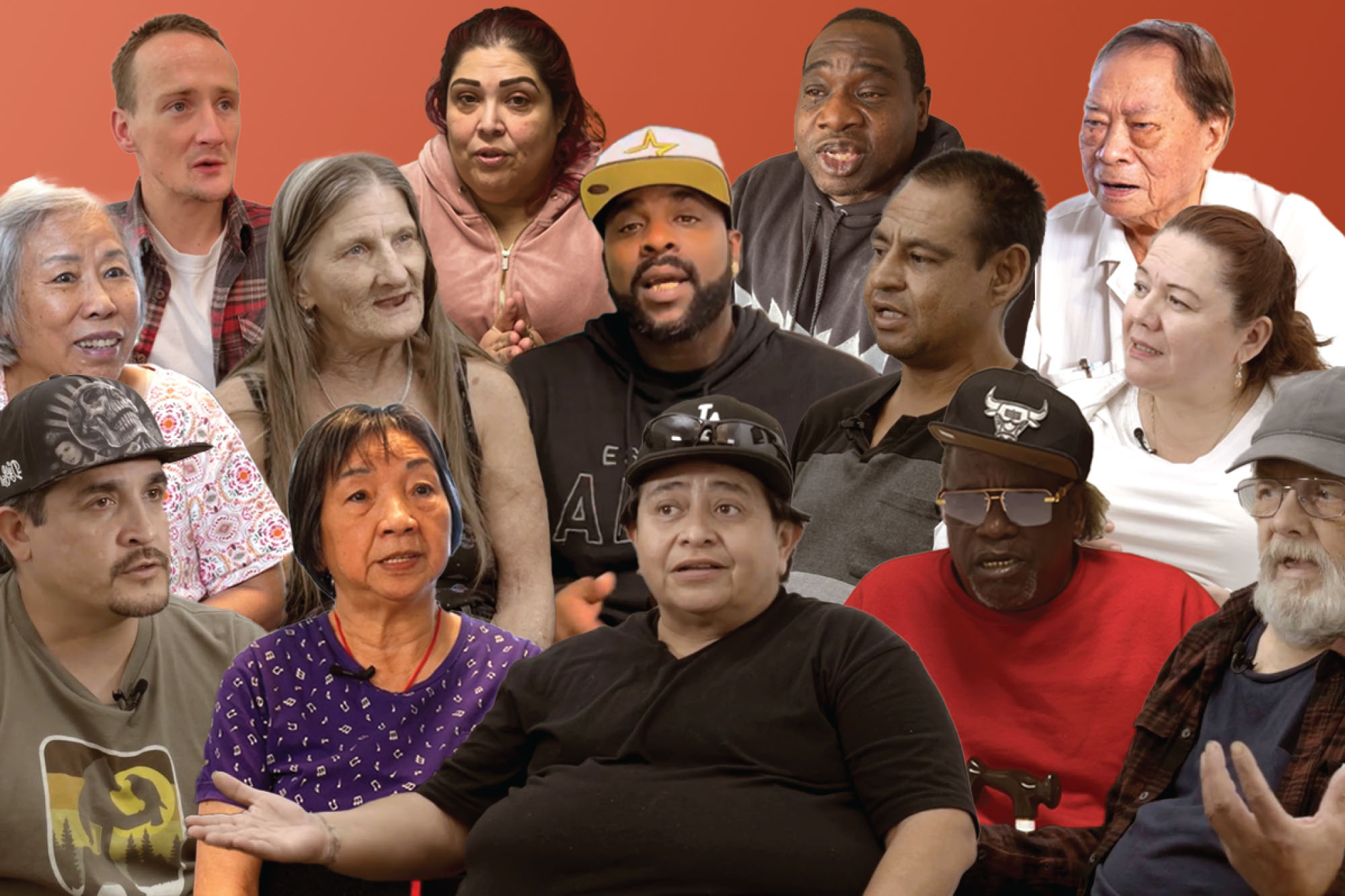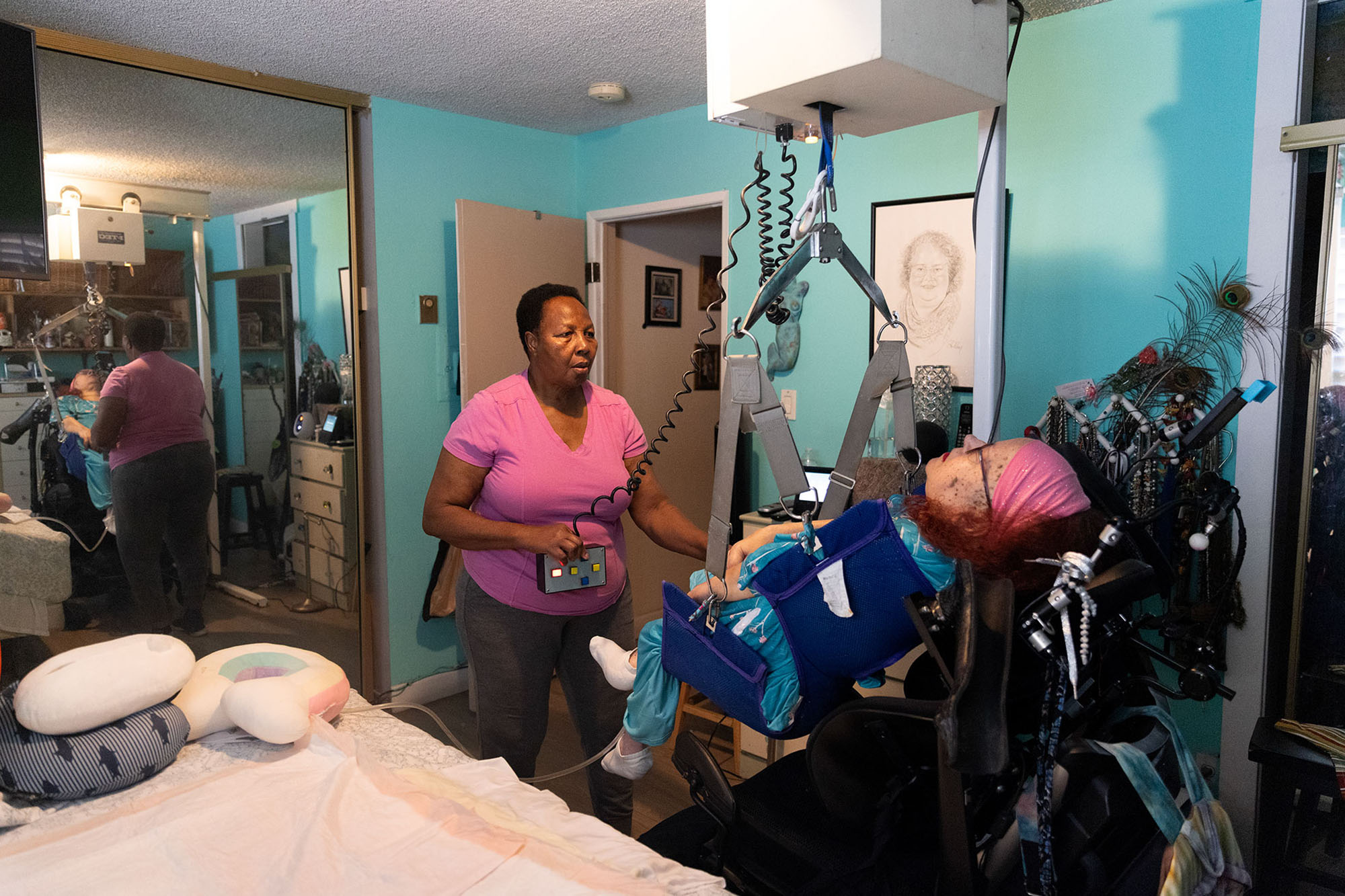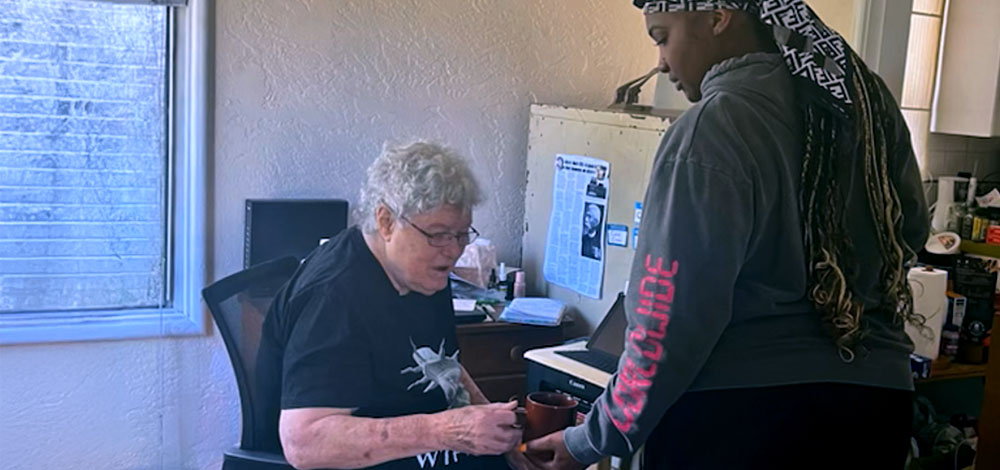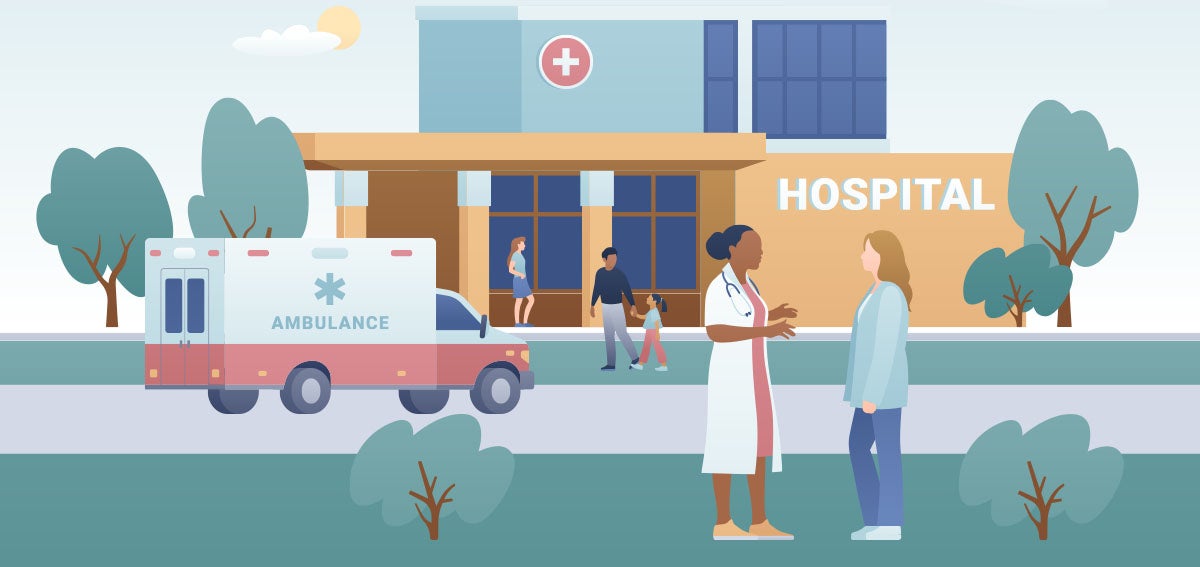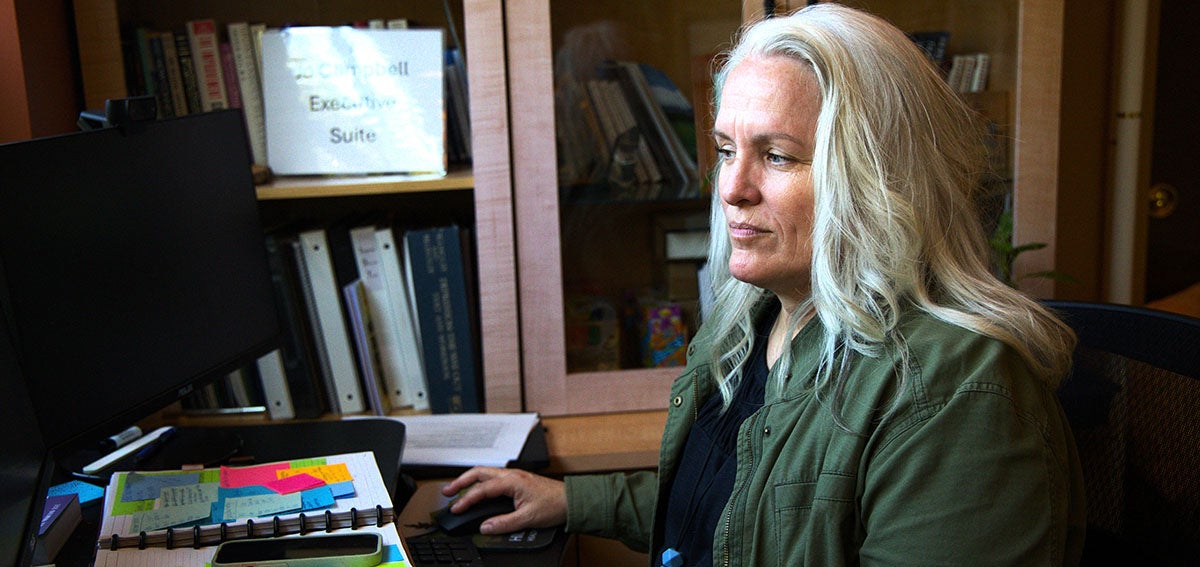One of the 14 CalAIM (California Advancing and Innovating Medi-Cal) Community Support services to address health-related social needs of Medi-Cal members is recuperative care (also called medical respite). Medi-Cal managed care plans (MCPs) have the option of providing this service to people experiencing homelessness who need a place to recuperate following an inpatient hospitalization, emergency department visit, or skilled nursing facility stay.
In 2022, the first year of implementation, 2,400 people received recuperative care services from 170 recuperative care providers. During that time, existing programs needed to transition from being largely funded through hospitals to a claims/reimbursement-based system with MCPs, while newer programs were emerging into a rapidly changing environment.
All programs were simultaneously expanding capacity and navigating new financing and workflow structures with new partners — while continuing to serve vulnerable people in need of postacute care. Similarly, hospitals and managed care plans were also navigating new ways of conducting business and providing care.
CalAIM Implementation of Recuperative Care Services: Lessons Learned (PDF) describes what is working well with the implementation of the CalAIM recuperative care service to date, what remains a challenge, and what action steps California could consider moving forward. It also offers advice for other states considering a Medicaid benefit for recuperative care.
This brief is based on interviews with leadership and staff at eight recuperative care programs, hospitals, and MCPs from across the state. It was researched and published by the National Institute for Medical Respite Care with support from CHCF.

